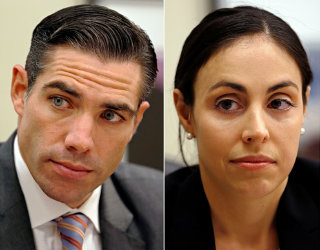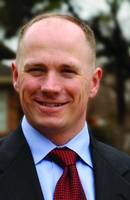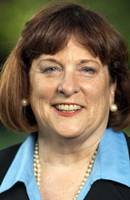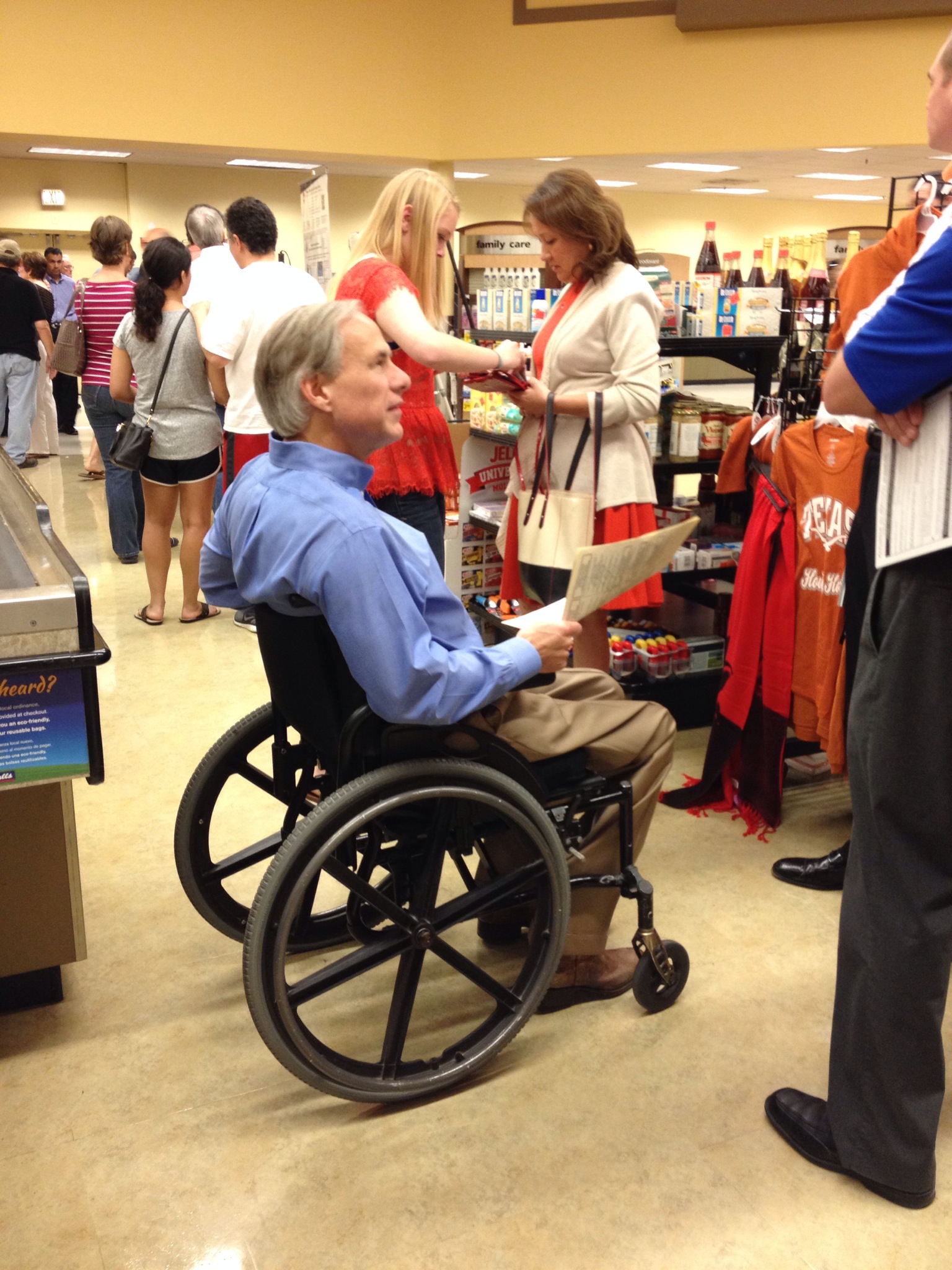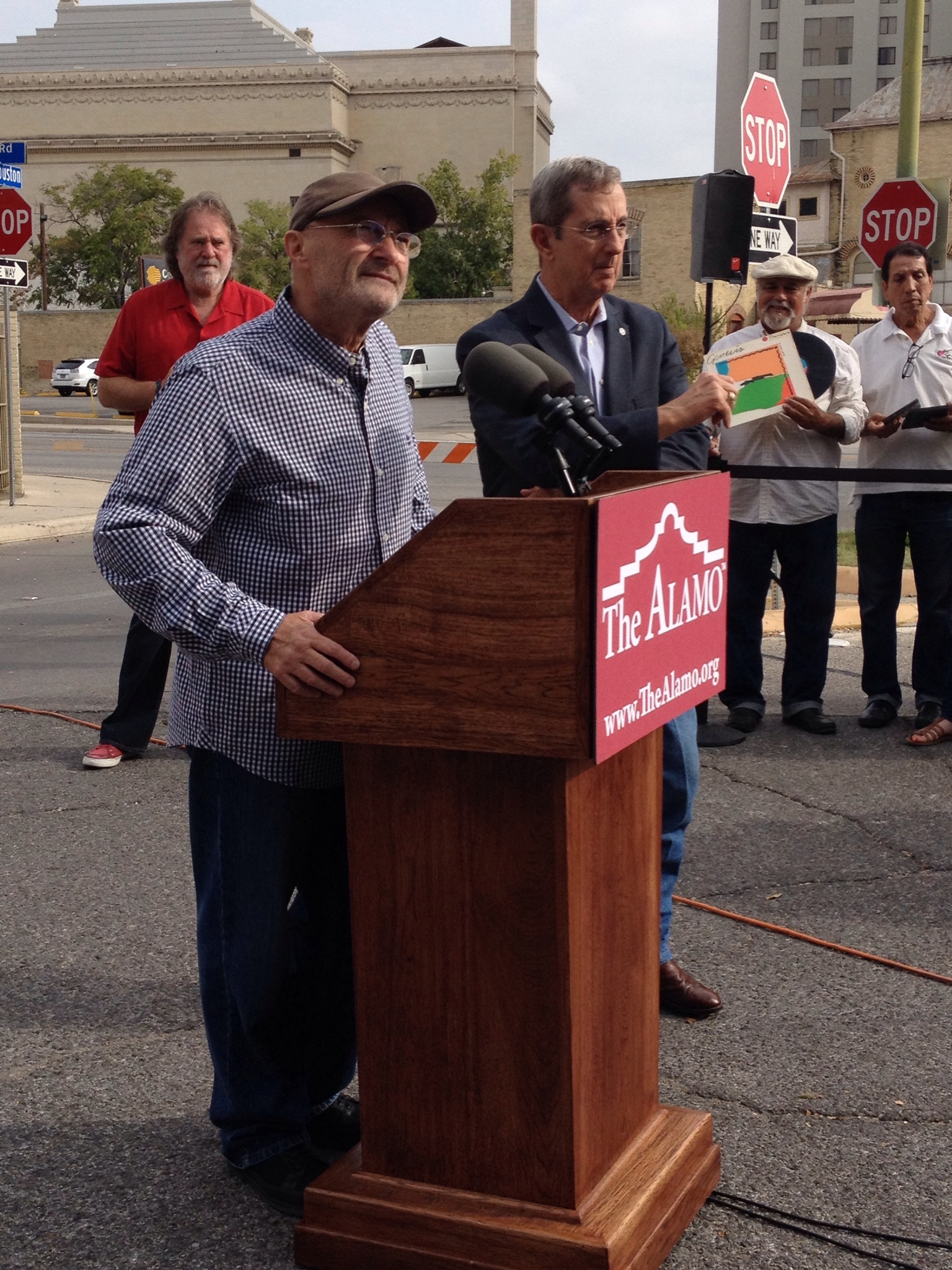Update at 7:05 p.m.: We captured the relevant part of the video earlier and have re-posted it:
Update at 5:50 p.m.: Shortly after this item was posted, the video from the Coppell Republican Club meeting containing Ron Natinsky’s comments was made “private” on Vimeo. But fret not: We made a copy, and will replace shortly.
Original item posted at 4:24 p.m.: Republican Ron Natinsky hopes residents in a southern Dallas congressional district “spend their food stamp money” on Election Day, instead of voting.
Natinsky, a candidate for Dallas County Judge, made the remark last November during a meeting of the Coppell Republican Club. His comments appear at around the 40:24 mark on the video.
“We don’t want to motivate her voters,” Natinsky said. “What we want them to think is ‘There’s no reason. She doesn’t have an opponent. I don’t need to go to the polls. I’ll go spend my food stamp money at the grocery store, or whatever, you know, on Election Day.’”
Natinsky said he doesn’t remember the speech or the comment about food stamps.
“I haven’t seen the video and don’t remember what I said a year ago,” Natinsky said. “I don’t see the connection between spending food stamps on food and voting.”
Johnson’s district is made up overwhelmingly of minority voters, and she is the first black lawmaker elected from North Texas. Her district supported the presidential campaigns of Barack Obama at a higher rate than any in the country, Johnson has said.
Republicans across the country have complained that many Democratic voters like government assistance, a narrative clearly promoted by Natinsky.
But Democrats contend that Natinsky’s comments feed into a racial stereotype about minority voters, particularly his reference to food stamps.
Natinsky is running for county judge against incumbent Democrat Clay Jenkins. Since Republicans in Dallas County generally fare better in mid-term elections than contests in presidential election years, the race for county judge could be competitive.
So in his appearance at the Coppell Republican Club, Natinsky urged fellow Republicans not a slate a candidate against Johnson because it would hurt the chances of other Republicans on the ballot.
That’s because Johnson, one of the most influential elected officials in North Texas, is in a heavily Democratic district, where it is virtually impossible for a Republican candidate to win. Natinsky theorizes that if Johnson is unopposed in the general election, she would not mount a serious campaign and base Democrats would not vote.
“We don’t need another five of ten thousand of her people going to the polls,” Natinsky said.
Johnson is running for re-election next week against Libertarian Max Koch and Independent Eric Williams.
Natinsky appeared at the meeting with the Coppell group with Tom Nowak, a Dallas lawyer who lost the contest for the GOP nomination for district attorney to Susan Hawk.
The video with Natinsky’s remarks have been posted on the Coppell group’s website all year. Democratic operatives discovered it in recent days.
Jenkins declined to comment on Natinsky’s remarks, while Johnson, without addressing the food stamp reference, urged residents to vote.
“There are forces, local and national , who are expecting you to sit at home, and who believe that you will allow this election to pass you exercising our constitutional right to cast a vote,” Johnson said. “The stakes are too high! Our future depends on your participation . Vote to protect what we have fought for.”
State Sen. Royce West was outraged by the comments.
“Ron Natinsky owes the people of my district an apology. To say that they are all on food stamps is outrageous,” West said. “If Natinsky does not apologize, we need to look at him to determine if he’s a racist.”
Rep. Marc Veasey, D-Fort Worth, represents a mostly minority district in Tarrant and Dallas counties.
“Ron Natinsky made those discriminatory statements to a room full Republican voters to get them stirred up in the same way that AG Greg Abbott has intentionally discriminated against minorities with his Voter ID law to give the electoral edge to Republicans,” Veasey said. “These types of tactics should have been washed away 50 years ago, but what this proves is that we must still fight for change.”
At the same meeting, Natinsky said that local Democrats got a boost when victims of Hurricane Katrina moved to North Texas.
“People left New Orleans,” Natinsky said of the 2005 storm. “Unfortunately they came up here as Democrats. We didn’t check their IDs at the border.”
A few people in the audience chuckled.




